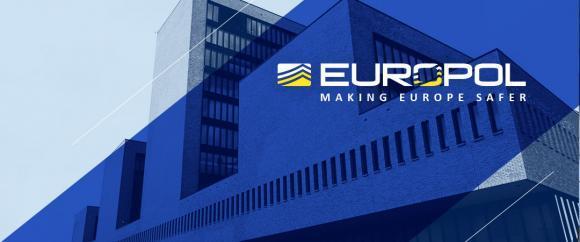Just two weeks after the Joint Declaration on the Conference on the Future of Europe was signed in Brussels by the European Parliament President, David Sassoli, Portuguese Prime Minister António Costa, on behalf of the Presidency of the Council, and by the Commission President Ursula von der Leyen, the Executive Board of the Conference on the Future of Europe held its constitutive meeting on 24 March 2021 in Brussels. The Executive Board is composed of representatives from the three institutions (European Parliament, Council and Commission), on equal footing. The Executive Board will oversee the work, process and organisation of the Conference.
At this first meeting, the Executive Board agreed on a series of essential items needed to get the Conference started. They took the first steps to ensure that citizens can soon start to contribute to the Conference without delay, in particular on the multilingual Digital Platform, including the Charter for citizen’s participation and the visual identity. The Board also held an exchange of views on its internal working methods.
The Executive Board also discussed the possibility of a formal event on 9 May in Strasbourg as well as to hold the first Conference Plenary on 10 May, depending on the public health conditions (or subject to restrictions imposed due to the COVID-19 pandemic).
The Portuguese Secretary of State for EU Affairs and co-chair from the Presidency of the Executive Board, Ana Paula Zacarias, said “The Conference on the Future of Europe should be an inclusive platform bringing together different voices, engaging on a wide reflection and debate on the challenges Europe is facing and its long-term future. Putting citizens at the centre of European policies.”
From the European Parliament’s side, co-chair Guy Verhofstadt (RE, BE) said: “In transformative times, it is up to citizens to decide what they expect from the EU and how to make that happen. It’s their Europe, and their future, so it’s their Conference! Our job is to make sure the Conference gains public momentum, and then, to draw an agenda from it to shape Europe’s future together.”
Commission Vice-President for Democracy and Demography, and co-chair, Dubravka Šuica, said “The Conference will enable citizens from every corner of the EU, and from all backgrounds, to share their ideas, hopes and dreams in shaping their Union’s future. This is a unique and historic moment for citizen engagement in the European Union.”
Representatives from COSAC, the Committee of the Regions, the European Economic and Social Committee and social partners were also invited as observers to this meeting.
Next steps:
The Executive Board will convene again on 7 April in the European Parliament and the Digital Platform will be launched on 19 April.
List of Participants (both Representatives and Observers of the Executive Board):
The co-chairs of the Executive Board are Guy Verhofstadt on behalf of the European Parliament, the Portuguese Secretary of State for EU Affairs, Ana Paula Zacarias as the Presidency’s representative and the European Commission Vice-President, Dubravka Šuica.
The other representatives of the Executive Board are: from the Parliament’s side Manfred Weber (EPP, DE) and Iratxe García Pérez (S&D, ES), from the Council’s side the Slovenian Secretary of State for EU Affairs, Gasper Dovzan, and the French Minister of State for EU Affairs, Clément Beaune, and from the Commission side Vice-President for Interinstitutional Relations and Foresight, Maroš Šefčovič, and Vice-President for Values and Transparency, Věra Jourová.
Parliament’s observers are Gerolf Annemans (ID, BE), Daniel Freund (Greens/EFA, DE), Zdzisław Krasnodębski (ECR, PL) and Helmut Scholz (The Left, DE). From the Council’s side the observers are the Czech State Secretary for EU Affairs, Milena Hrdinková, the Swedish Minister for EU Affairs, Hans Dahlgren, the Spanish Secretary of State for the EU, Juan González-Barba Pera, and the Belgian Minister for Foreign Affairs and Deputy Prime Minister, Sophie Wilmès, from the Council side.
Lastly, COSAC, the Committee of the Regions, the European Economic and Social Committee, BusinessEurope and ETUC have also been invited to participate to the meeting as observers, being represented by: Guido Wolf, Gunther Krichbaum, Luís Capoulas Santos, Marko Pogačnik and Bojan Kekec for COSAC, Apostolos Tzitzikostas for the Committee of the Regions, Christa Schweng for the European Economic and Social Committee, Markus Beyrer for BusinessEurope and Luca Visentini for ETUC.


